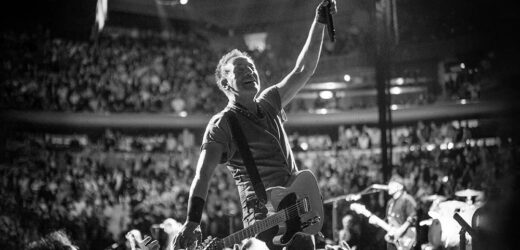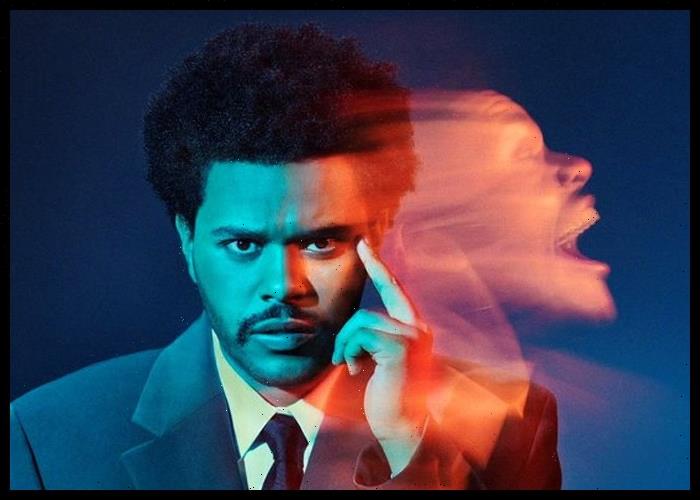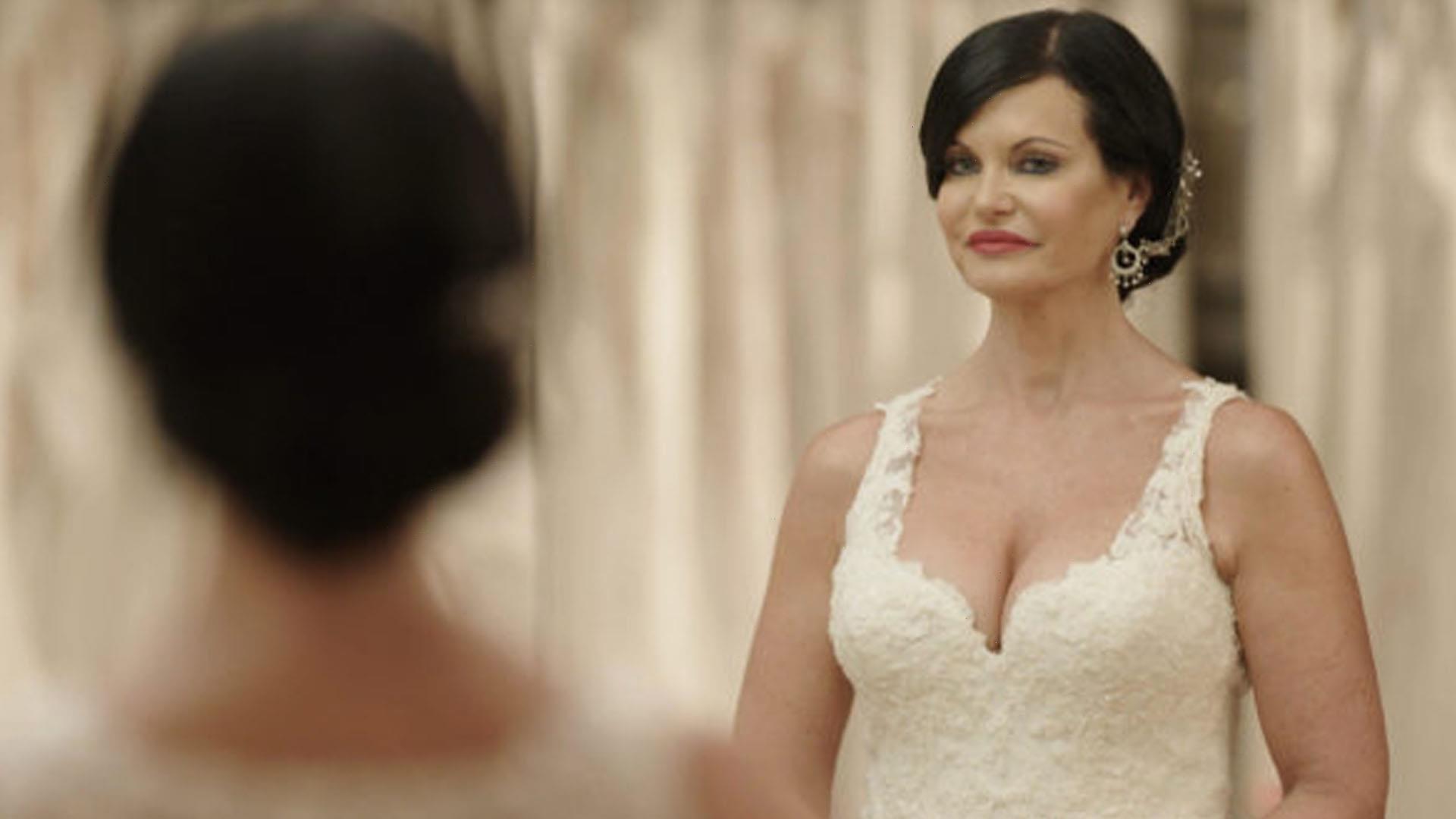Bruce Springsteen ticket prices seem to be cooling off a bit — although that’s relative. On Wednesday, the day his first handful of shows for 2023 went on sale, Ticketmaster was selling its platinum tickets for face-value amounts that went as high as $5,000, before hundreds more fees were tacked on. On Friday, however, with more tour stops going on sale, the highest face value that any of the tickets seemed to be going for, late in the day, was a mere $2,695.
Controversy over, right?
Not exactly. Substantial pockets of the Springsteen fan base are still experiencing confusion, at best, and rage, at worst, about the unexpectedly skyrocketing costs of some of his tickets on this tour. Some is the operative word, because there are different kinds of ducats for the artist’s 2023 trek, and many appear to be set at fixed values that go for $60-400 if you manage to get in the online door the very moment it opens in the morning. But what’s quickly left after those are gone are lingering “platinum tickets,” with dynamic pricing that can and has risen 10-fold over the initial value almost instantly. Those inflated prices are what most fans see when they finally break through the queue… and, as this week has shown, what they take screenshots of and post to social media, inflaming outrage.
While anger over ticket prices is nothing new, there may never have been as much ire directed by the masses at a single tour’s pricing as there has been this week. And it seems reasonable to assume that neither Springsteen nor Ticketmaster saw this it coming, with variable pricing already having been a fixture of the industry for a few years. Sources say that most of the tickets for the tour have been in a more reasonable price range, but with those all being snapped up in minutes, what most members of the public are seeing is the essentially self-scalped tickets that remain. Without transparency about what percentage of tickets are subject to fluctuating pricing and which aren’t, it hasn’t added up to a great look for a live industry that is still wanting to draw people back out of their homes after the pandemic.
The Springsteen and/or Ticketmaster camps have been said to be drafting a statement that would reflect their view of the situation, but as of Friday evening, none has been forthcoming. That’s left inflamed fans thinking less about “The Rising” than the risible.
Still, less was being asked for the platinum tickets on Friday than on Wednesday, although it wasn’t clear whether this was due to a cap being set on prices or just the algorithm that supposedly adjusts the variances responding to a less heated number inquiries. Variety looked at seating charts and ticket prices in several of the cities that went on sale Friday, and what was available at mid-afternoon varied drastically from market to market.
In Greensboro, NC, one of the tour stops that went on sale Friday, a request for a pair of seats from Ticketmaster at mid-afternoon saw 62 offers coming up as first sales from the site. (Resale tickets, which Ticketmaster also offers, were not taken into account.) The average price for a Ticketmaster ticket in Greensboro calculated by Variety from those Friday offers: $903.39, before additional fees.
Of those 62 Greensboro platinum ticket offers, the highest was $2,695 and the lowest was $339. Those were both outliers. Only seven of those 62 pairs were being offered for under $500, and only 10 were going for more than $1,000, leaving most being priced squarely in the high hundreds.
But you could see different extremes looking at two other cities that had just gone on sale earlier in the day, Albany, NY and Denver, Colorado. In Albany at late afternoon, you could call up 109 pairs of platinum tickets, and all but seven were priced under $1,000 a ticket. But in Denver at the same hour, there were only six pairs of remaining tickets available directly through Ticketmaster, and five out of the six were for over $1,000. (Interestingly, besides having few platinum tickets left to purchase, Denver also showed a minimal amount of resale tickets on its seating chart, compared to other cities. An actual bastion of true fans?)
In Mohegan, Ct., you could call up 41 pairs of platinum tickets at day’s end. Only two of the 41 pairs were going for under $1,000 a ticket; six were going for more than $2,000, leaving the majority of remaining available non-resale tickets in the $1,000-2,000 range.
These prices will still strike many fans as beyond the pale, but it’s an improvement over what was being reported Wednesday, when floor seats were being offered by Ticketmaster for upwards of $4,000 and even nosebleed “platinums” were being offered for $700 and up.
Music fans who would like to see an end to variable pricing as a result of this anger aren’t likely to see much satisfaction in that regard. Even if most may not have been very aware of it till now, the system has been controversial going back at least as far as Taylor Swift’s “Reputation” tour in 2018, when Swifties sitting side by side began to realize that the prices they’d paid for their seats varied by hundreds of dollars at time, depending on when they bought in. Proponents of the system might point out that it can work in fans’ favor, too, dropping tickets drastically in the final stretch if demand has been sated.
It’s also worth pointing out that there hasn’t been any evidence that anybody bought a ticket for Springsteen through Ticketmaster for $5,000 or even $4,000 — just that the algorithm was throwing them up at that price point and seeing if anyone bit.
But dynamic pricing represents a still fairly new wrinkle in the live industry, where a sellout can be seen as a bad thing, not something to claim bragging rights about. In this way of thinking, it means you priced your tickets too reasonably and left a lot of money on the table that was picked up by StubHub.
“What did Bruce know and when did he know it?” seems to be a question lingering in fans’ minds, even as they harass Stevie Van Zant and other band members on Twitter for the answers that aren’t coming from the camp. The most reasonable assumption would be that the artist is well aware of dynamic pricing — and he was not afraid of asking premium prices for his one-man Broadway show — but he probably hadn’t considered seeing a 5-grand ask for standard arena tickets showing up as a leading meme.
Artists can nix the variable pricing strategy, or put a cap on it, reportedly, though few have publicly done so. One that did was the band Crowded House. In 2020, the group posted a statement saying, “Though it may be common practice on other tours, we in Crowded House do not agree with any premium tickets being sold, as Live Nation describe it, ‘at market driven prices where the price is adjusted according to supply and demand.’ “The band had no prior knowledge of these ‘In Demand’ tickets and did not approve this program. Our promoters Live Nation have agreed at our request that any ticket holders who paid more than face value under the ‘In Demand’ program will be reimbursed for additional charges at the point of purchase.” (Live Nation responded, “It is always up to the artist as to how their tickets are priced and sold, especially with In Demand tickets as those are designed to ensure all value is coming back to the artist instead of lining the pockets of scalpers.”)
The house of artists who have joined Neil Finn and company in willfully turning down that extra money? Not so crowded.
Source: Read Full Article


